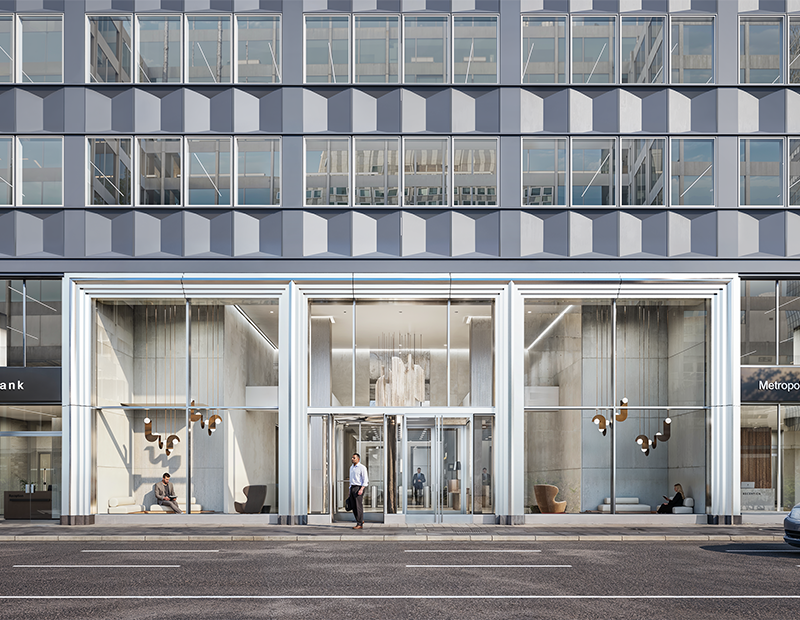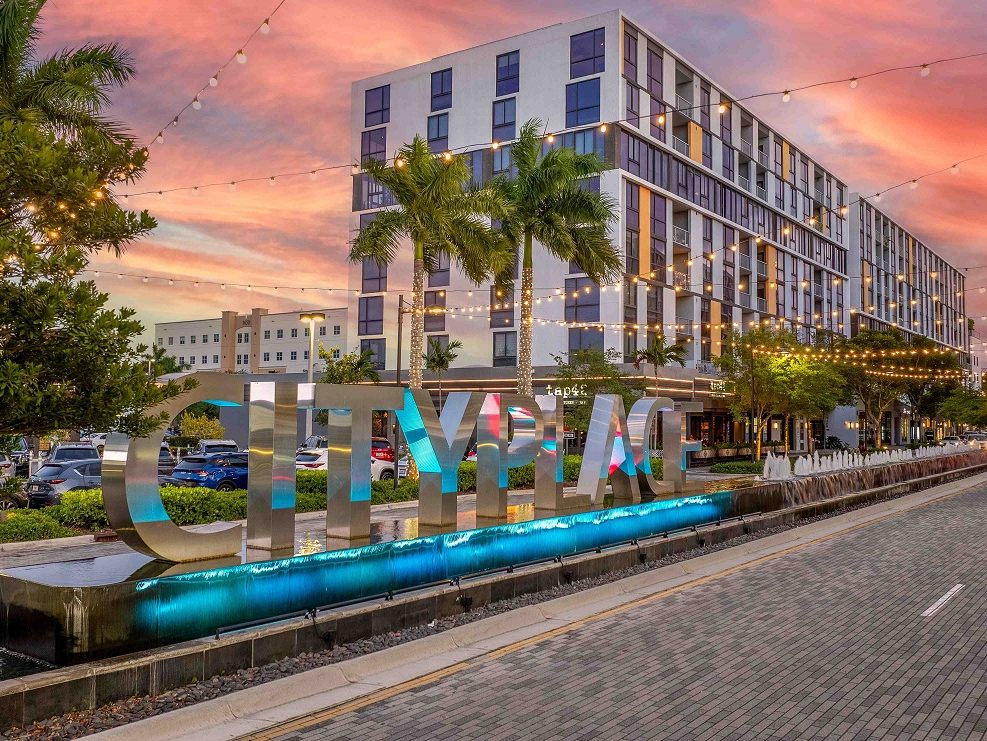Net Leased Pharmacies, Dollar Stores Perform Well Despite Pandemic
Avison Young’s first-quarter report on the net lease retail sector shows how COVID-19 has hit different businesses, including casual dining, QSR, dollar stores and pharmacies.
The average cap rate for the net lease retail sector compressed during the first quarter, while the average lease term increased, according to Avison Young’s latest report.
READ ALSO: Mixed-Use Owners ‘Squeezed’ by COVID-19 Fallout
The net lease sector can usually withstand the market’s cyclical nature, but the coronavirus pandemic has not spared these businesses either. Overall activity in net lease retail dropped from 586 deals in the fourth quarter of 2019 to 416 in the first quarter of 2020. The drop in trades was apparent across all retailers, including casual dining, QSR, dollar stores, pharmacies and convenience stores. The average cap rate for the net lease retail sector only saw a slight drop of seven basis points to 6.51 percent, while the average remaining lease term increased from 10.5 years to 11.6 years. According to Avison Young, the drop in trading volume is likely caused by the unavailability of debt, an inability to inspect properties and having to negotiate in a remote work environment.
Perhaps one of the hardest-hit sectors, the casual dining market saw a decline of 21 basis points to 6.3 percent, which is likely due to the average remaining lease term increasing significantly from 11.9 years to 14.2 years. The number of trades in casual dining also plummeted from 56 to 31.
Like casual dining, the quick-service-restaurant market also felt the effects. While still the largest sector by deal volume, the number of QSRs that were traded dropped from 163 to 123, and the average cap rate fell by 17 basis points, hitting 5.57 percent even though the average lease term remained roughly the same. The report suggested that investors are still confident in corporate credit even though QSRs are restricted to drive-through and delivery at the moment. The market usually has low operating margins so any drop in sales will hurt.
Sectors that will come out stronger
While casual dining and QSRs will likely have lingering after-effects from the COVID-19 pandemic, two sectors may come out stronger, according to the report.
The dollar store market remained the second-largest sector by volume in the first quarter of 2020. The dollar store cap rates dipped 13 basis points, from 7.07 percent to 6.94 percent, and the number of trades nearly halved, from 113 to 64 in the latest quarter. However, Avison Young argued that the sector will likely come out of the coronavirus situation in a better state, as it expects buyers to be flocking to pandemic-resistant brands like Dollar General and Family Dollar.
Similarly, the pharmacy market saw drops in both cap rates and number of transactions, but will likely do well in the following quarter. The report noted that pharmacies saw a 9 basis-point decrease in average cap rate, but when looking at pharmacy sales with long-term leases, there was an increase from 5.82 percent to 6.65 percent, equating to a spike of 83 basis points. The number of pharmacy transactions also fell from 69 to 43.
Like the dollar stores, Avison Young believes that the pharmacy sector will benefit from the coronavirus situation. Asking prices on pharmacies have held strong in the low 5 percent range for newer stores, and the company expects this sector to outperform for the remainder of the year.








You must be logged in to post a comment.